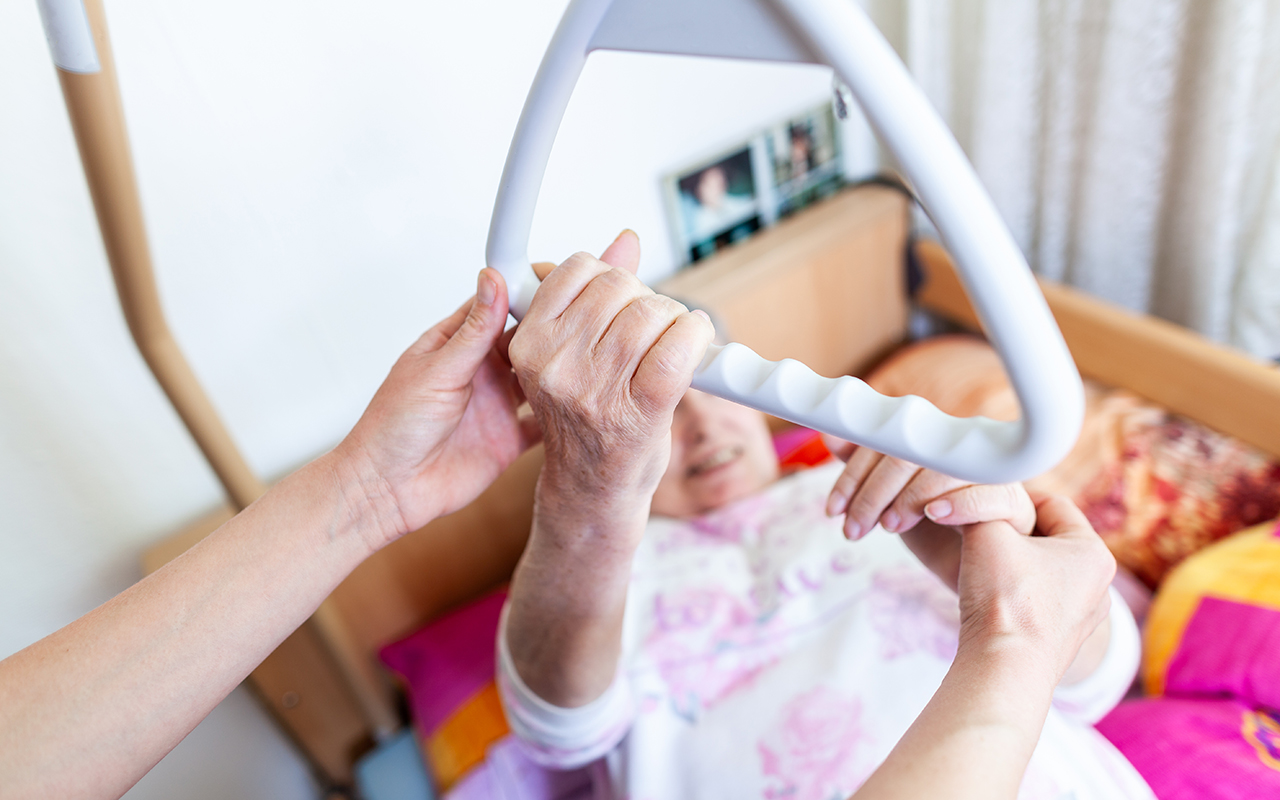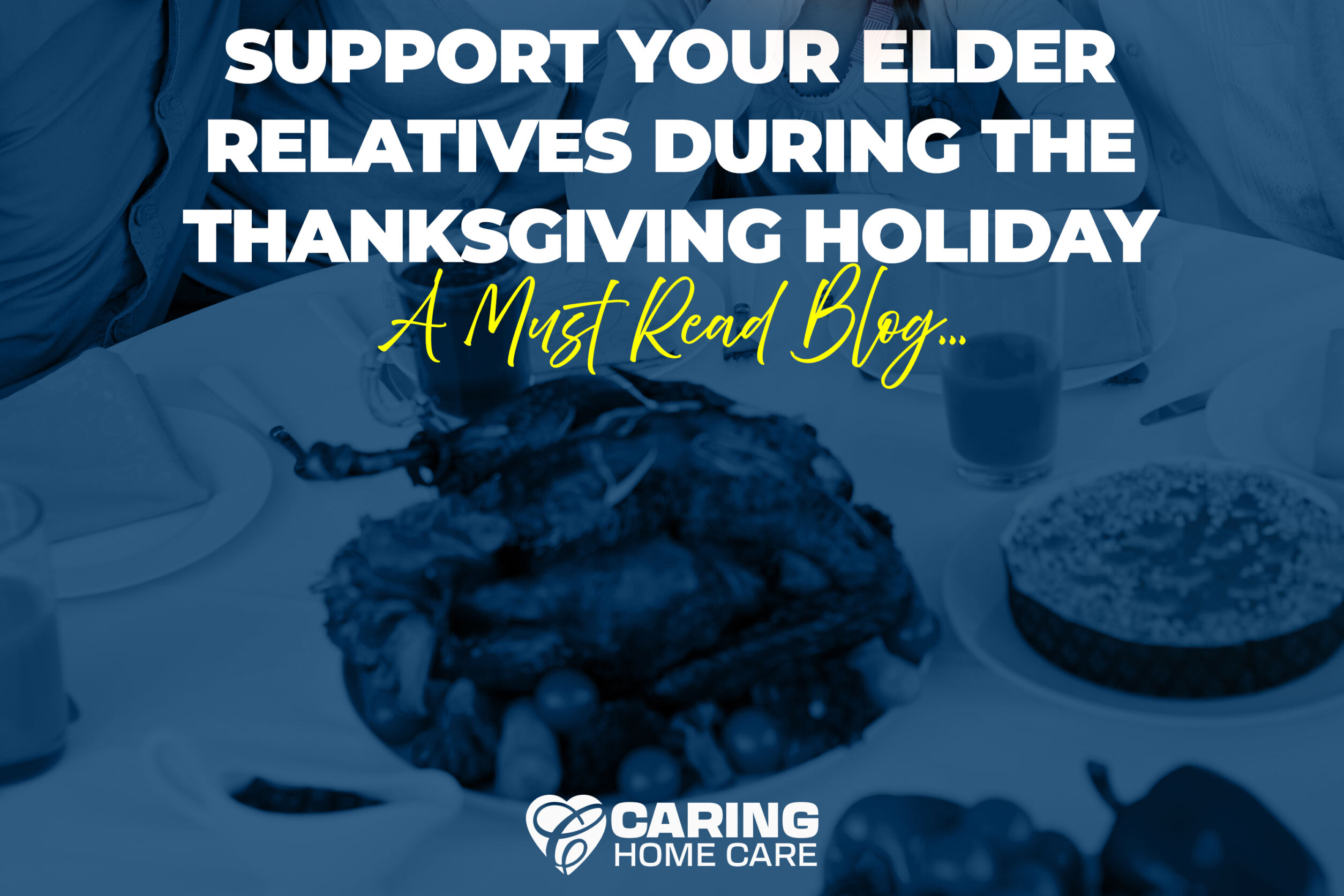Share
While the purpose of an interview is to predict a person’s performance, not all interviews are the same. The process is particularly important when you’re choosing a professional caregiver for an aging loved one. Selecting the right questions to ask beforehand can help you gauge who will be the best caregiver. While your specific questions may vary, the following are four categories that you should cover.
Motivation and Experience
In regard to caregivers, you want someone who will take the job seriously, pay attention to detail, and meet your loved one’s needs. Asking direct questions about why the individual became a caregiver will tell you what motivates and interests him or her in the job.
It’s equally essential to discuss the caregiver’s experience, especially in regard to caring for aging adults with your loved one’s health issues and needs. Such inquiries will help you determine if the individual is qualified for the task.
Professional Skills
Although caregivers develop their skills through the education and training process, they can further develop those skills and pick up new ones through on-the-job experience. For instance, find out if the caregiver you interview has special training or certification to deal with a specific health problem.
If your loved one needs someone who can cook, then ask if the caregiver can cook the dishes that your loved one prefers and has done so for aging adults in the past. Also, will the caregiver be able to prevent your loved one from falling? Get as specific as possible so that you can ensure your loved one’s needs are met.
Responses in Hypothetical Situations
Considering possible future challenges is crucial when choosing the perfect caregiver. Knowing how the caregiver has previously responded in stressful situations will give you an idea of what to expect.
For example, what has been his or her reaction to shouting clients or clients who refuse to take medications? It’s important that the caregiver quickly assess the situation and determine the best way to handle it. Make sure that the response is in line with how you want your loved one to be treated.
Personal Behaviors and Habits
With some aging adults, certain behaviors or habits can be triggers for stress or other issues. On the other hand, certain personalities just connect together better. For instance, some aging adults like to relive treasured memories and want someone who will listen. Others like to have active conversations. In these cases, you want a caregiver who will mesh with your loved one’s personality.
Likewise, having the same interests as your loved one will only enhance the experience. Maybe your loved one enjoyed playing an instrument but can’t anymore because of arthritis. If the caregiver can play the same or another instrument, he or she can share that hobby with your loved one.
Consider Hiring Through Caring Home Care
Interviewing caregivers can be frustrating if you don’t ask the right questions. Fortunately, Caring Home Care gets to know your preferences and needs in order to pair your loved one with the perfect caregiver. Hiring a caregiver through the nurse directory makes the process easier.
How Caregivers Can Reduce Injury While Assisting Seniors Providing daily care for seniors is meaningful work. It can also be physically demanding. Many caregiver injuries happen during lifting, transferring, or repositioning seniors. These injuries are often preventable when proper techniques are used. Learning caregiver injury prevention strategies protects both the caregiver and the senior. It
Why Professional Home Care Is Safer Than Family Only Care Caring for an aging loved one is deeply personal. Many families step in with the best intentions. However, as care needs increase, family only caregiving can become overwhelming and risky. This is where professional home care plays a critical role. Professional caregivers are trained, experienced,
Connecting During the Thanksgiving Holiday: How to Support Your Elder Relatives The Thanksgiving holiday is a time filled with warmth, gratitude, and meaningful family traditions. However, for many older adults, it can also be a period of loneliness or emotional distance. This is especially true for seniors who live alone, have limited mobility, or are
Transition to In-Home Care: Helping Seniors Adjust Comfortably to Elderly Care Services Understanding the In-Home Care Transition The decision to begin in-home care is a big step for both seniors and their families. It often marks the start of a new chapter—one focused on safety, comfort, and support. However, the in-home care transition can bring
Need A Caregiver? Fill Out Form Below
With our competitive rates, we make receiving in-home care affordable regardless of whether you’re using your insurance or paying out of pocket.






